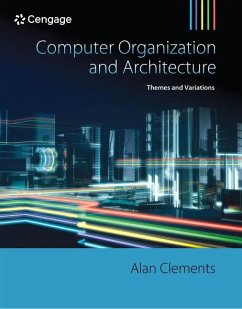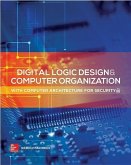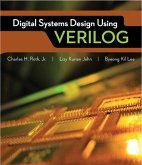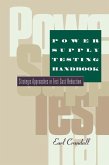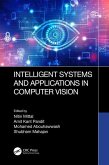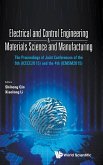COMPUTER ORGANIZATION AND ARCHITECTURE: THEMES AND VARIATIONS stresses the structure of the complete system (CPU, memory, buses and peripherals) and reinforces that core content with an emphasis on divergent examples. This approach to computer architecture is an effective arrangement that provides sufficient detail at the logic and organizational levels appropriate for EE/ECE departments as well as for Computer Science readers. The text goes well beyond the minimal curriculum coverage and introduces topics that are important to anyone involved with computer architecture in a way that is both thought provoking and interesting to all.

